On the afternoon of November 5, the National Assembly discussed in groups the draft Law on Tax Administration (amended); the Law on Personal Income Tax (amended); and the Law on Thrift and Anti-Waste. Many delegates said that amending the Law on Personal Income Tax is necessary, but the draft needs to be redesigned in a fair, sustainable and suitable direction for changes in social life.
Tax fairly so no one gets "artificially rich"
Delegate Nguyen Ngoc Son ( Hai Phong ) said he agreed with the need to amend the Law on Personal Income Tax (PIT) as stated in the Government's Proposal. However, he said that the current draft has not yet approached the spirit and goals set by the Party and State - that is, to shift from the mindset of "regulating income, narrowing inequality, linking obligations with the ability to contribute" to the mindset of "fair, sustainable collection and encouraging development".
"If we do not adhere to this viewpoint, the provisions of the law will lack feasibility, causing a loss of equality between business income and personal income," Mr. Son emphasized.
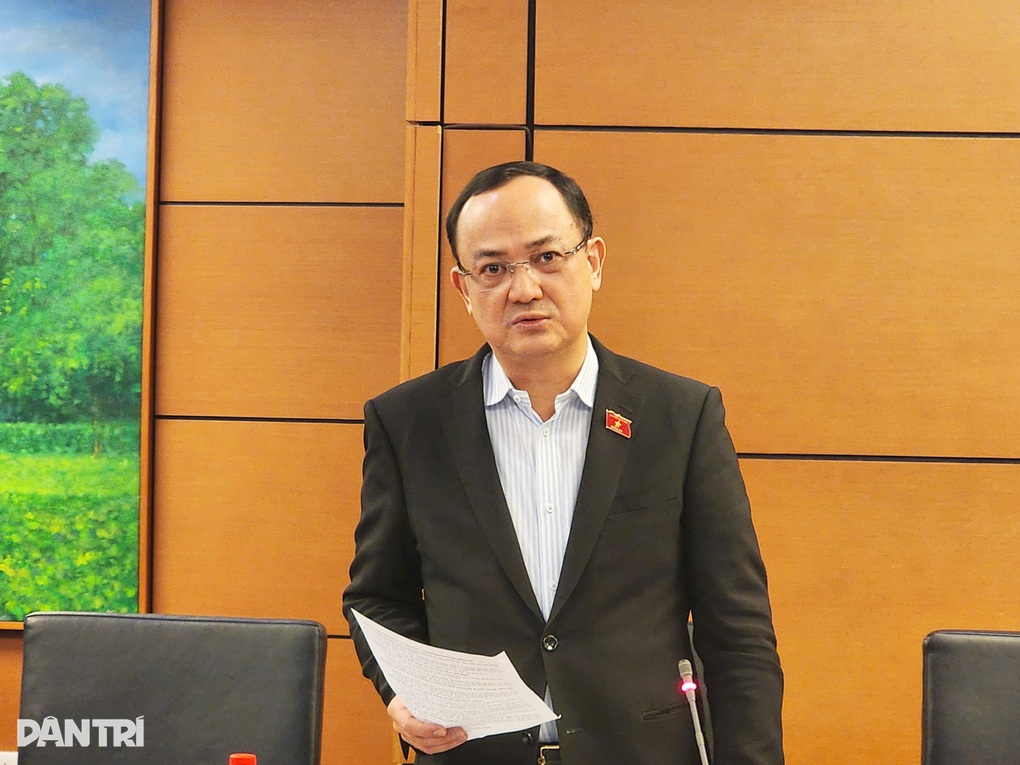
Delegate Nguyen Ngoc Son (Hai Phong) (Photo: Nguyen Hang).
According to him, the draft assigned the Government to regulate the family deduction level, but there should be clear principles to flexibly adjust according to socio -economic fluctuations.
"Reality proves that the consumer price index (CPI) fluctuates a lot. If there are no principles and mechanisms for timely updates, it will lead to a "tax evasion" situation, causing millions of people to be considered to have become artificially rich," he said.
The delegate also noted that the current highest tax rate of 35%, among the highest in the ASEAN region, could reduce the attractiveness of high-quality human resources and create a sense of inequality between salaried workers and those with investment income.
Mr. Son suggested that the drafting agency review the scope of taxable income to better cover new revenue sources such as from e-commerce, digital economy, digital assets, cross-border platforms, livestreaming, etc.
"Meanwhile, income from real estate, stocks, and interest on deposits is discriminated against and is subject to different tax rates. This discrimination creates inequality between types of income. I think it is necessary to carefully study and design according to the principle: taxing according to the nature of income, not according to legal form, to avoid the situation of artificial income transfer," Mr. Son emphasized.
Regarding business income, he said that the current regulation assigning detailed instructions to the Government is necessary, but the law must still clearly state the principles to avoid confusion when applying.
"Currently, there are many cases where individuals or households renovate their houses into apartments or rooms for rent. So in this case, how is income taxed? If the progressive tax schedule is applied, the revenue will be forced to be transferred to the business household. Then how will revenue and expenses be determined? If the principles are not clearly stipulated in the law, it is easy for problems to arise," he analyzed.
Regarding tax deduction and settlement procedures, Mr. Son reflected that the current reality is still complicated.
"Many people with 4-5 sources of income have to go to each place to get documents before entering them into the settlement system. I suggest the Government build a synchronous system so that when entering the tax code, the system will automatically synthesize deduction data from all sources," he said, believing that this will help transparency, reduce compliance costs and increase people's trust.
Clarifying the concept of "non-cash income"
Delegate Phan Duc Hieu (Hung Yen) raised two notable issues in the draft law. Firstly, at point b, clause 2, Article 3 stipulates "money, remuneration and benefits in cash or non-cash in any form", Mr. Hieu said that the concept of "non-cash" needs to be defined more specifically.
"To determine taxable income, all non-cash benefits must be converted into cash value. If the equivalent value cannot be determined, the tax authority will not be able to calculate and settle," he said.
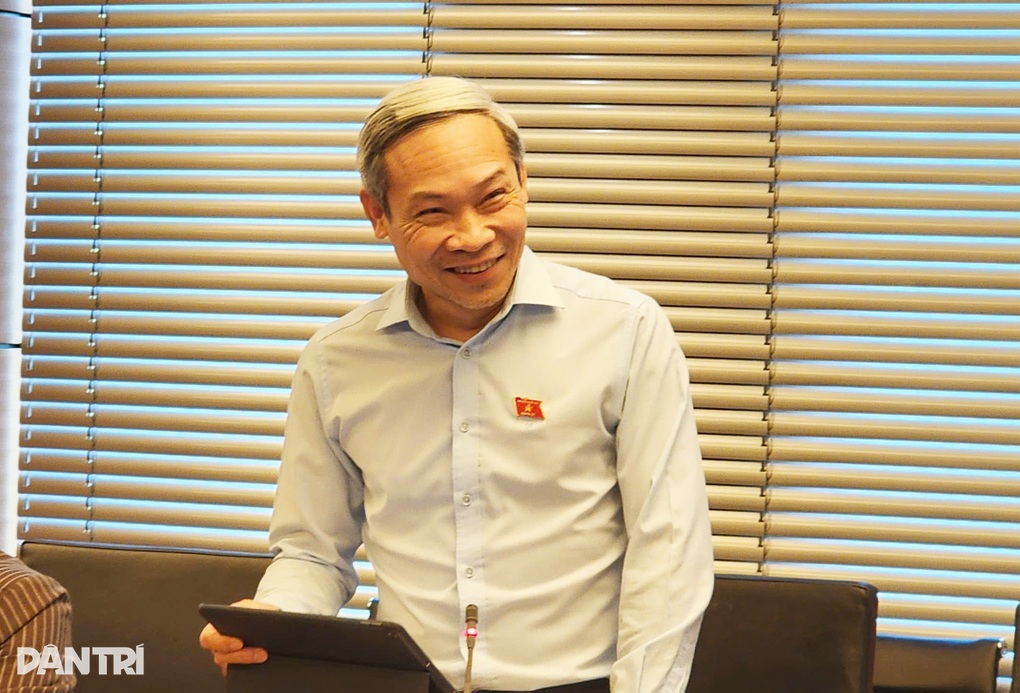
Delegate Phan Duc Hieu (Hung Yen) (Photo: Nguyen Hang).
Second, the draft lists income from technology transfer as subject to full personal income tax. According to Mr. Hieu, this provision is not consistent with the current policy of encouraging the development of science and technology.
"The State is issuing many incentive mechanisms to promote innovation and technology transfer. If income from this activity is subject to full tax, it will contradict the incentive spirit of other policies," he said, suggesting research and adjustments to ensure consistency.
Source: https://dantri.com.vn/kinh-doanh/dung-de-thue-thu-nhap-ca-nhan-khien-nguoi-dan-giau-len-gia-tao-20251105164713920.htm




![[Photo] Closing of the 14th Conference of the 13th Party Central Committee](https://vphoto.vietnam.vn/thumb/1200x675/vietnam/resource/IMAGE/2025/11/06/1762404919012_a1-bnd-5975-5183-jpg.webp)



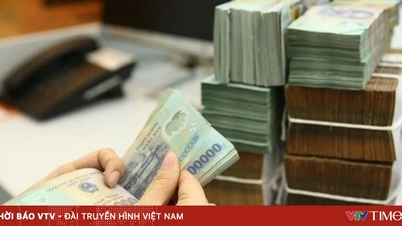



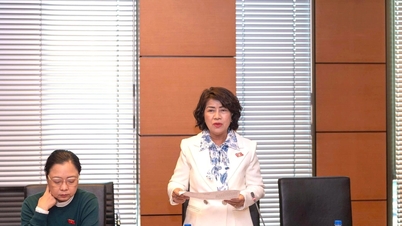

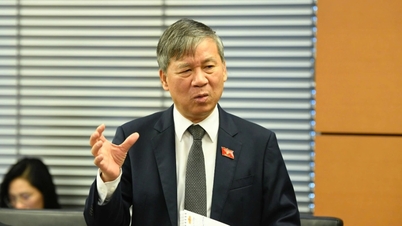
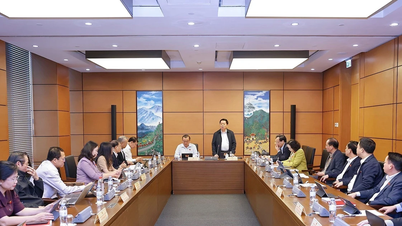


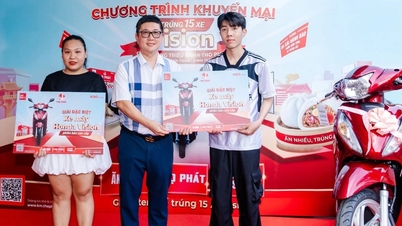












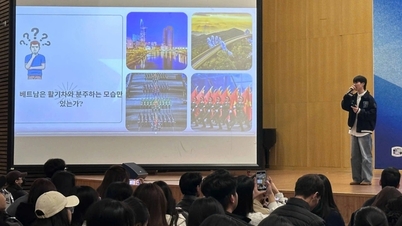


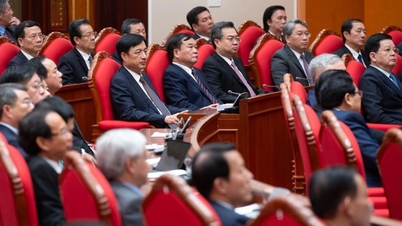





































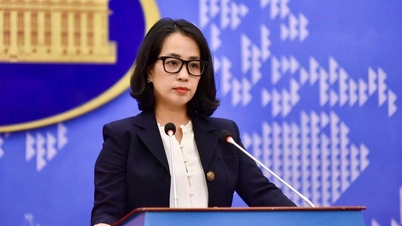
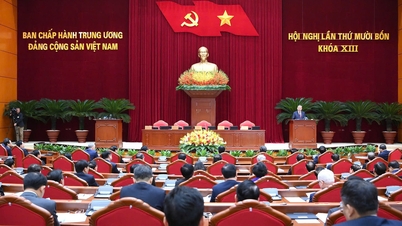



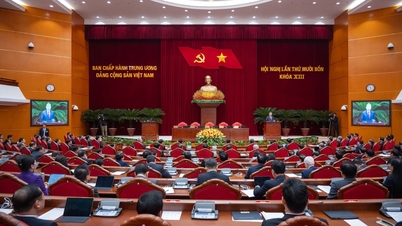







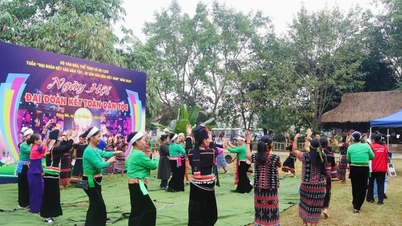
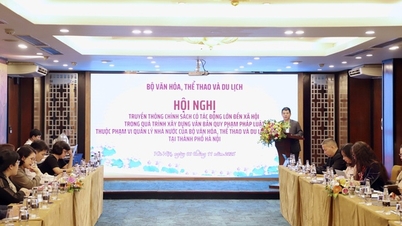
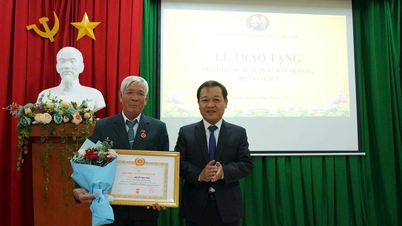

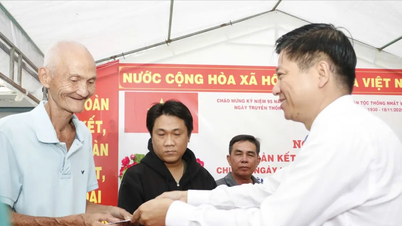

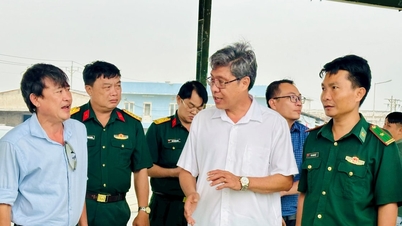
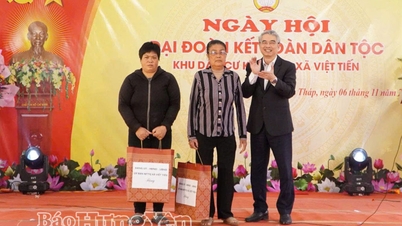
















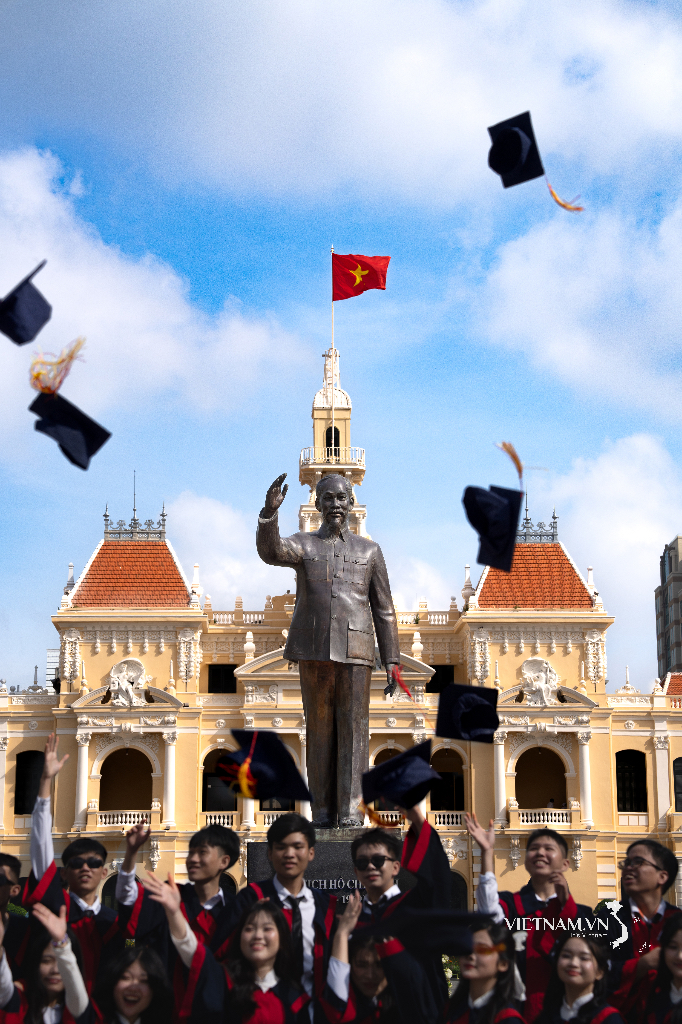

Comment (0)